Our Guide to Düsseldorf’s Contemporary Art Institutions
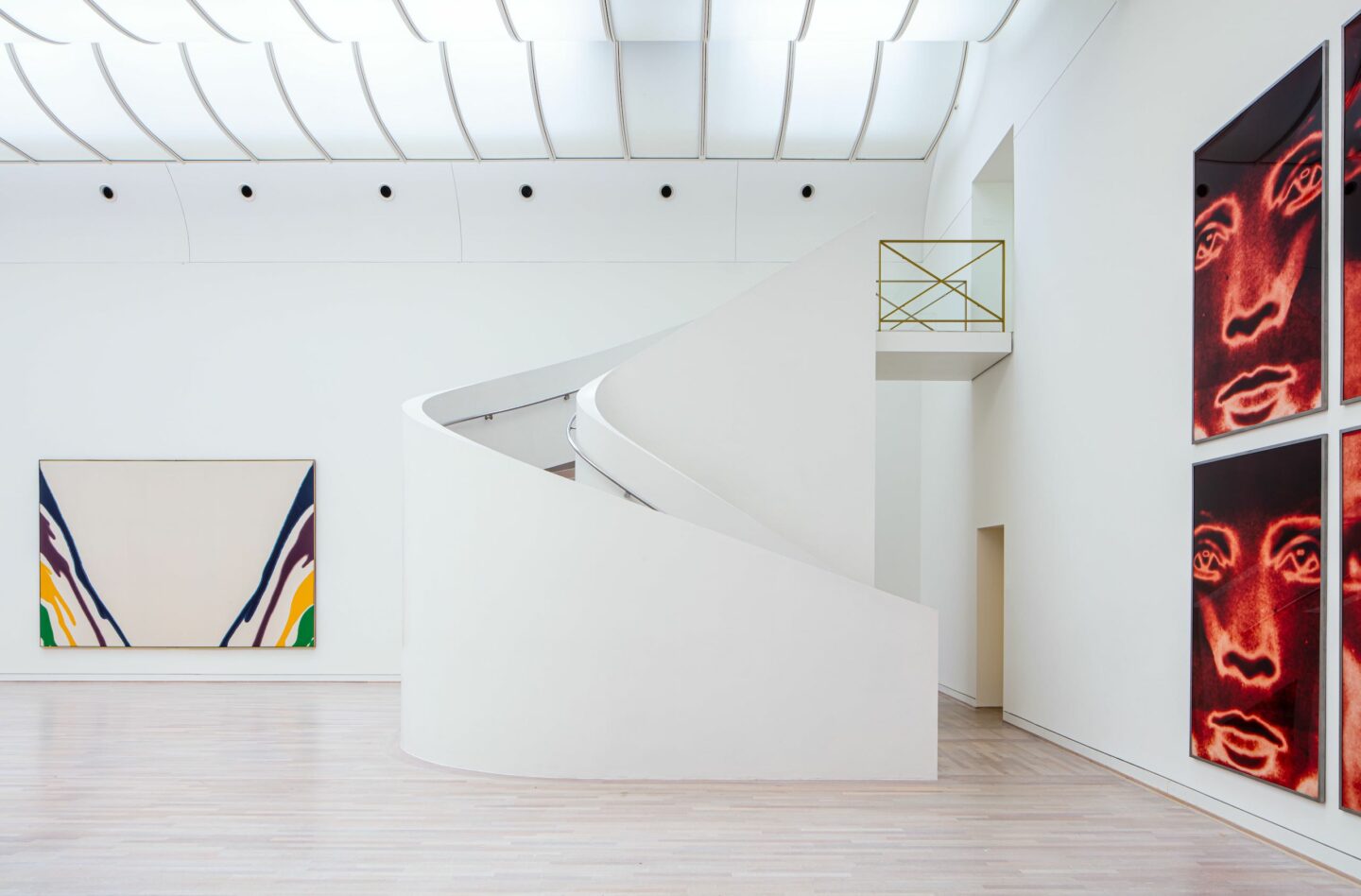

Words: Chris Erik Thomas.
The cultural history of Düsseldorf has always been intertwined with the contemporary art world. With the suffix “dorf” translating to “village”, the capital city of North Rhine-Westphalia has always felt like an art village. For over a half century, artists of both national and international origin have found a safe haven to experiment and showcase their work.
It was in the late 1950s that Heinz Mack and Otto Piene founded the ZERO artist group in Düsseldorf, with Günther Uecker joining in 1960. It was this movement focused on kinetic art using light and motion that would become one of the preeminent avant-garde movements of the contemporary art world and mark the city by the Rhine as a destination for artists. In the 1970s and 1980s, such art legends as Joseph Beuys, Gerhard Richter, Katharina Fritsch, and Thomas Schütte came to reside in Düsseldorf. Meanwhile, at institutions like the Kunstakademie Dusseldorf, a new generation of photographers studying under Bernd and Hilla Becher in the ‘70s became known as the Düsseldorf School of Photography as they rose to prominence in the subsequent decades.
Today, the city continues to act as a vital hub for artists and art lovers alike with dozens of museums offering a wealth of options for those looking to explore the contemporary art scene. Across the many, many institutions who call Düsseldorf home, there exist a wide swath of positions, as well as a diversity of young and established artists, which keeps Düsseldorf at the forefront of the modern art world.
To help both first-time visitors and hardened art aficionados navigate Düsseldorf’s many museums, we’ve picked eight institutions (sorted in no particular order or hierarchy) which offer a suitable entry point for examining both the legacy and future of contemporary art in the region.
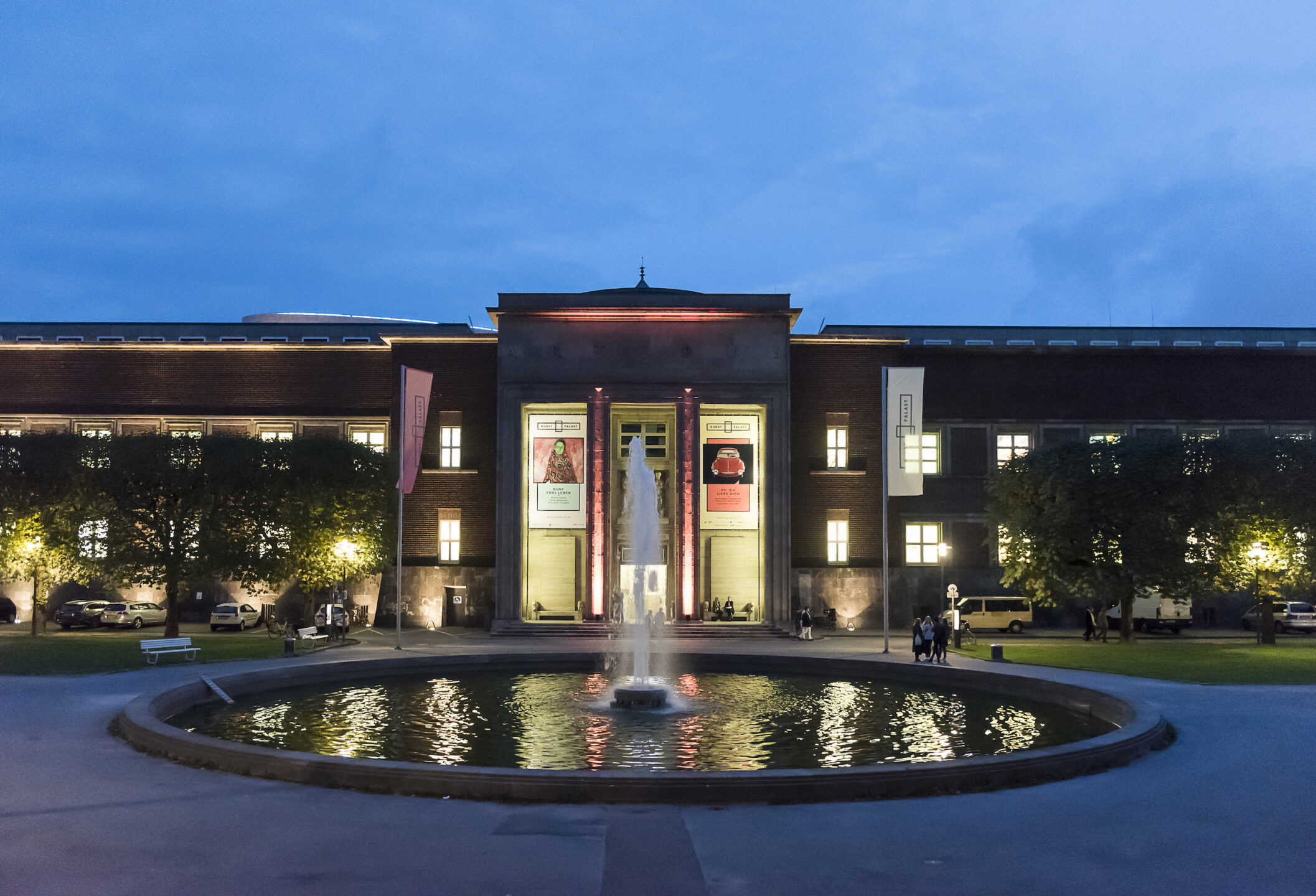
Ehrenhof by night, 2018. Photo: Katja Illner.
Art has had a home in the Kunstpalast for more than 300 years. As early as the mid-19th century, the Society for the Establishment of an Art Gallery in Düsseldorf (Verein zur Errichtung einer Gemäldegalerie zu Düsseldorf) declared that forming a municipal art gallery was the “ultimate, vital issue for Düsseldorf.” Since then, this mission has served to educate and inspire generations of local and international guests.
Over the course of its long history, the museum, in collaboration with the NRW-Forum in the Ehrenhof, has undergone numerous transformations and hosted hundreds of exhibitions. The institution has over 100,000 objects, which eclipses most other German museums and serves as a testament to the unparalleled diversity of works in their collection. The varied exhibition program repeatedly sets new impulses, engages with contemporary themes, and enables new perspectives. Additionally, its broad definition of art allows for surprising changes of perspective.
The Kunstpalast is open Tuesday through Sunday from 11 AM to 6 PM and is open until 9 PM on Thursdays. Click here for more info.
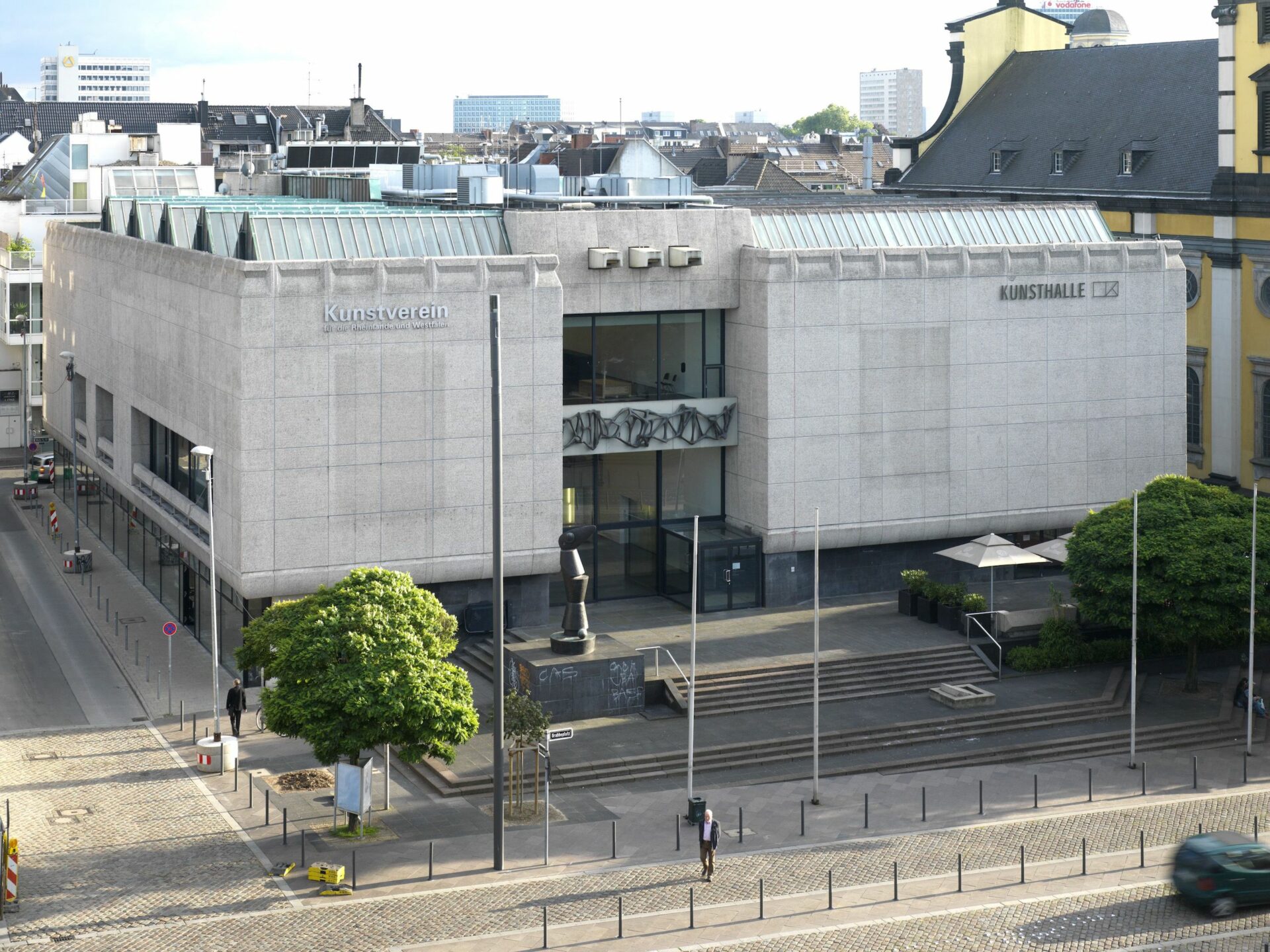
Image courtesy of Kunsthalle.
Established in 1829, the Kunstverein für die Rheinlande und Westfalen has long been a cornerstone of Düsseldorf’s vibrant art scene. With a storied history spanning nearly two centuries, this institution has earned its place as a vital hub for the creation, exhibition, and discourse surrounding contemporary art. While deeply rooted in the cultural landscape of the Rhineland, the Kunstverein’s diverse programming is designed to resonate with an international audience.
At the heart of its mission is a commitment to nurturing emerging talent, particularly focusing on younger and lesser-known artists. Since 1967, the Kunstverein has found its home within the Kunsthalle Düsseldorf, occupying dedicated exhibition spaces and administrative offices on the second floor of this landmark building situated in Grabbeplatz, nestled within the historic center of Düsseldorf. Here, visitors can experience a dynamic array of rotating exhibitions showcasing cutting-edge artistic expressions.
In addition to its exhibition offerings, the Kunstverein fosters intellectual engagement through a range of lectures and discussion events. These forums not only delve into artistic practices but also explore pertinent political and social themes, reflecting the institution’s dedication to encourage dialogue and critical inquiry.
For those eager to explore the Kunstverein’s offerings, the institution warmly welcomes visitors from Tuesday to Sunday, with operating hours extending from 11 am to 6 pm. For further details and updates, please refer to the provided link for more information.
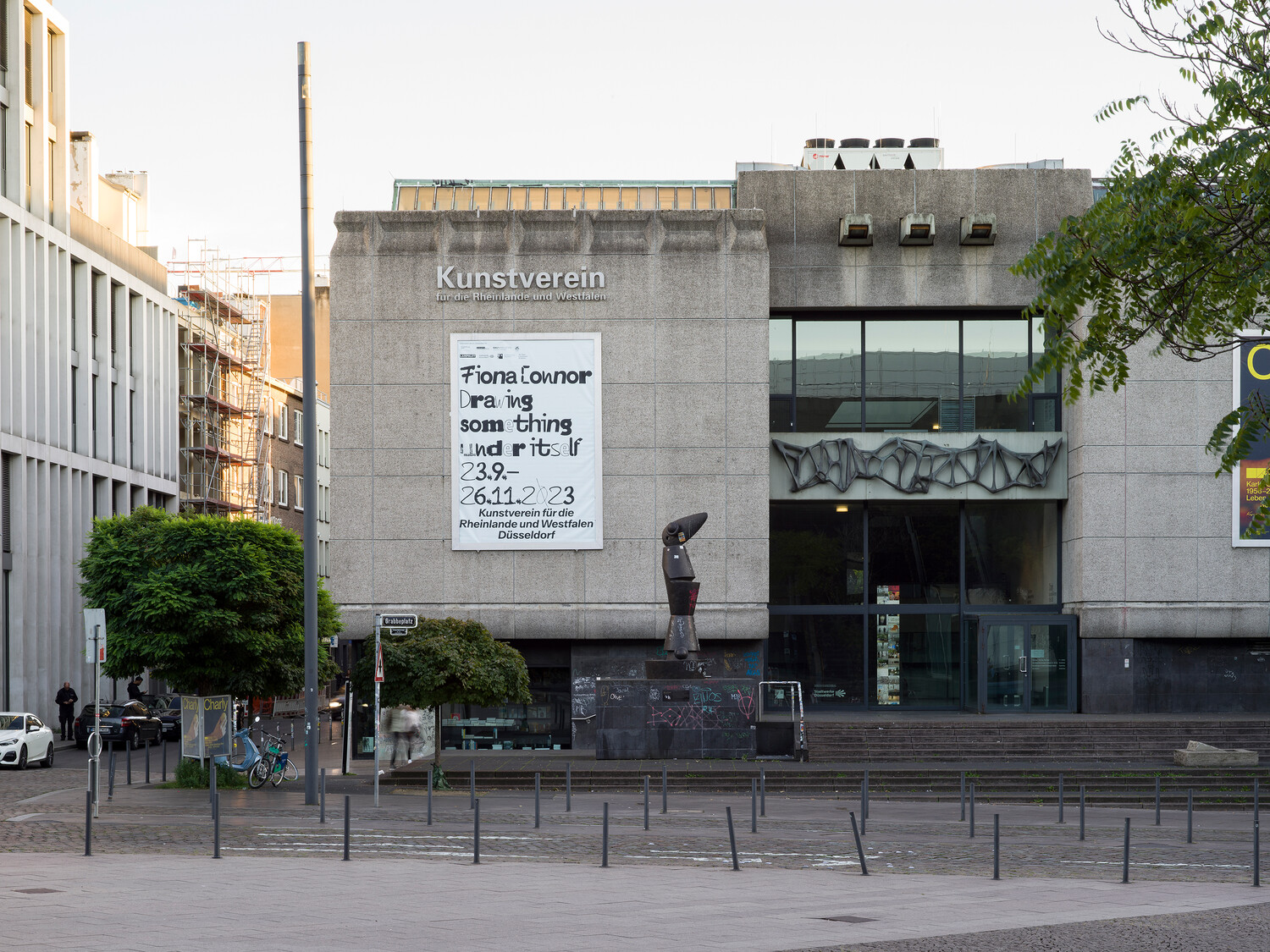
Outside view Kunstverein für die Rheinlande und Westfalen, Düsseldorf, photo: Cedric Mussano
Since the signature concrete block housing Kunsthalle was finished in 1967, the museum has provided a home for experimental and explorative contemporary art from its home on Grabbeplatz. Split into two independent institutions — the Kunsthalle and the Art Association for the Rhineland and Westphalia — the Kunsthalle portion of the building has been at the forefront of contemporary art. Besides being an outlet for a number of international artists to enter the European art market, the space has dedicated itself to exploring the Asian art scene since 2011, offered a flexible project space through their Seitenlichtsaal exhibition format since 2012 and continually sought out other ways to bring diversity to their halls.
With no permanent collection, the museum has been free to host a regular stream of temporary exhibitions that give the space a chameleonic energy that adapts to the artists on view. Through their exhibition series Seitenlichtsaal and the presentation of recipients of the Karl Schmidt-Rottluff Scholarship, a diversity of younger and less well-known artists have been introduced to museum patrons over the years.
Kunsthalle is open Tuesday through Sunday from 11 AM to 6 PM. The museum is free of charge from 6 PM to 8 PM on the last Thursday of every month, as well as every second Sunday of the month for Family Day. Click here for more info.
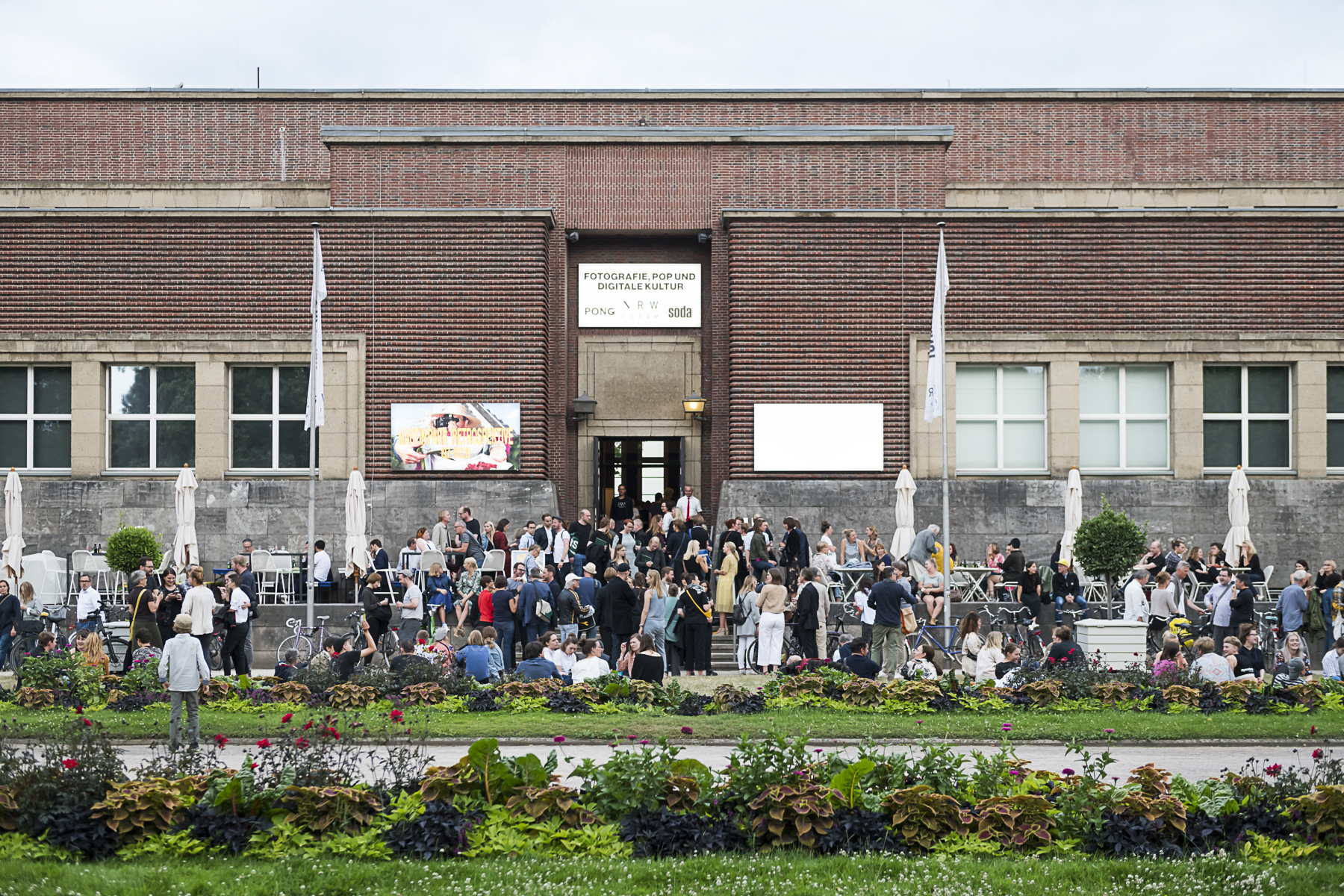
Abbildung 3. © NRW-Forum Düsseldorf. Photo: Katja Illner.
With a focus on photography, pop and digital culture, the NRW-Forum is a key destination for all things contemporary. The museum sits on part of the Ehrenhof ensemble, which was built in the 1920s and is now listed as a monument. Over the decades, the building was home to the Reich Museum for Social and Economic Sciences from 1928 to 1951 and then the State Museum for the Nation and the Economy until the start of the 1990s.
Since opening as the NRW-Forum for Culture and Economy on October 9, 1998, the museum has overcome funding cutoffs, staffing changes, and other challenges. The NRW Forum has organized over 28 exhibitions since 2015 and launched the Duesseldorf Photo festival and the digital festival META Marathon. With a strong mix of exhibitions, festivals, symposia, workshops, fairs, film screenings, and other cultural initiatives, it has been an incubator for modern, cutting-edge culture for years.
The NRW-Forum Düsseldorf is open Tuesday through Sunday from 11 AM to 6 PM and until 9 PM on Thursdays. Click here for more info.
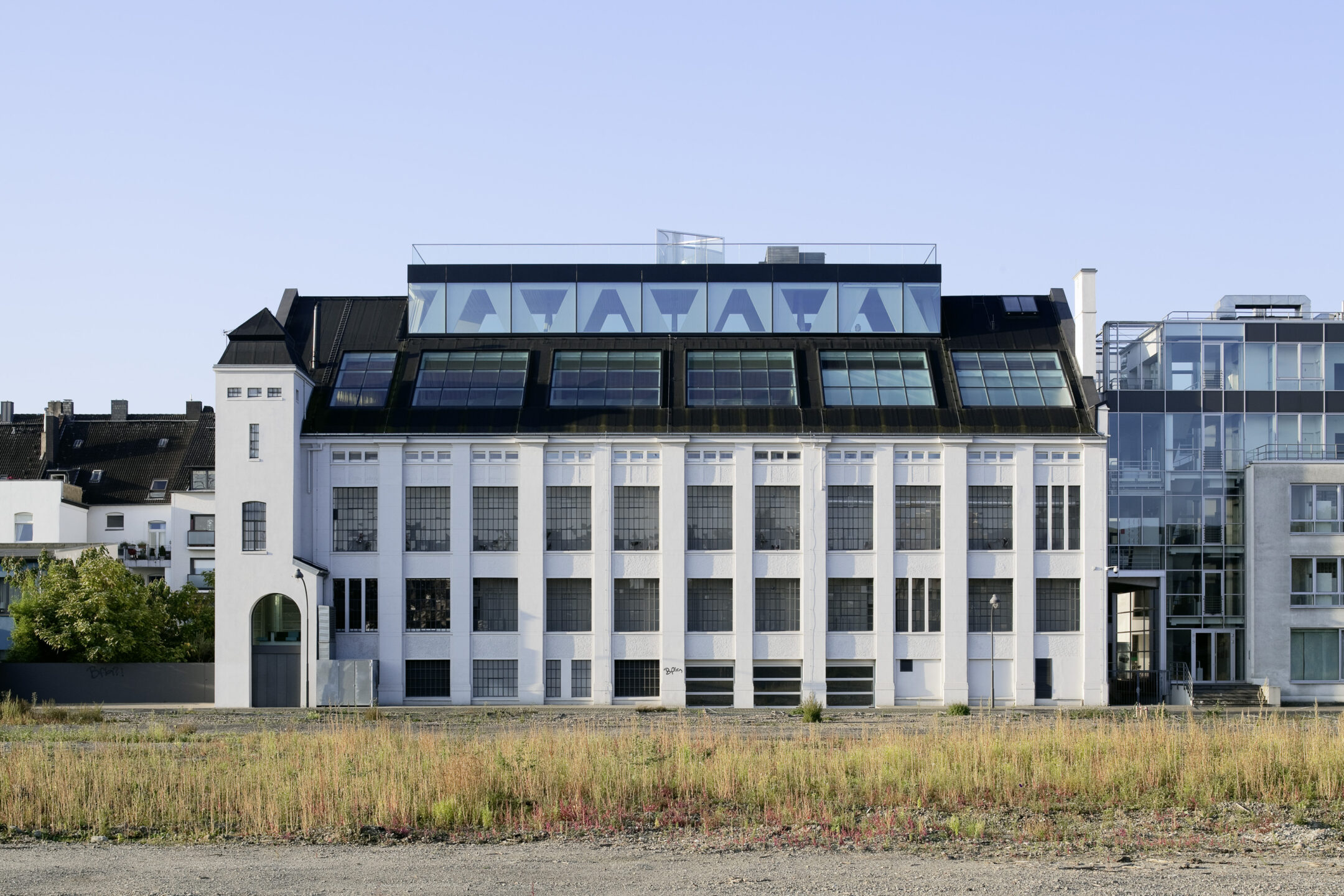
Figure 2. JSC Düsseldorf, building (exterior). Photo: © Ulrich Schwarz, Berlin.
In 2003, German collector Julia Stoschek found herself deeply moved by Douglas Gordon’s video “Play Dead: Real Time”. It was that piece of time-based art that inspired her to begin a now-historic collection of time-based art that has grown to include over 870 artworks by over 290 artists. It is this massive collection that spurred her to open the Julia Stoschek Collection in Düsseldorf in 2007.
Not only is the Collection an integral piece of the city’s contemporary art scene, but it is also one of the most comprehensive private collections of time-based art in the world. Representing everything from video and virtual reality to sculpture and performance, focusing especially on moving image experiments from the 1960s and ’70s, the collection is a must-see for art lovers. Alongside the many exhibitions they have produced in Düsseldorf, the Collection has also operated a second space in Berlin since 2016.
The Julia Stoschek Foundation in Düsseldorf is open on Sundays from 11 AM to 6 PM, and admission is free of charge. Click here for more info.
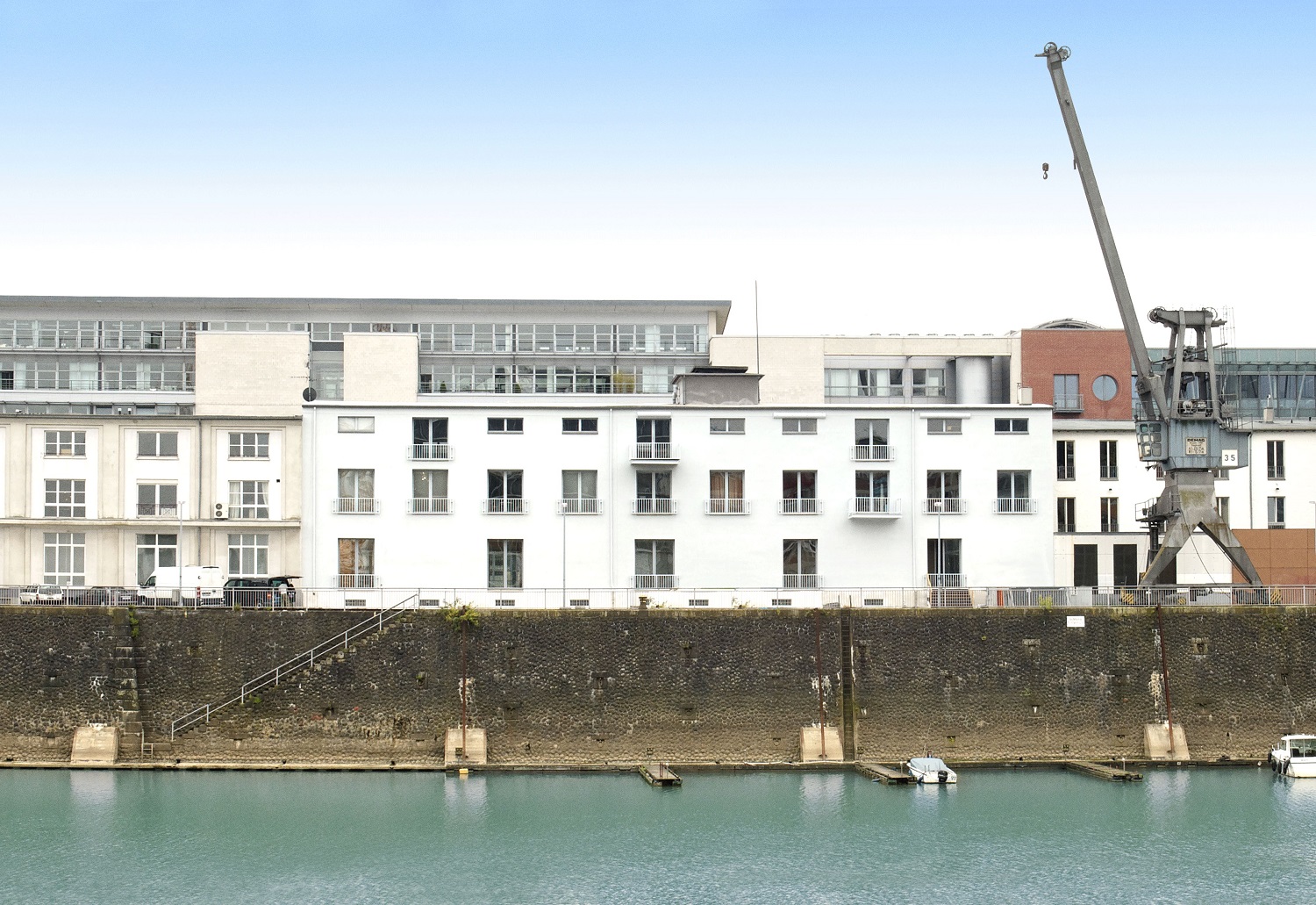
KAI 10 | ARTHENA FOUNDATION. Rear view of the building, Dusseldorf. Photo: Tobias Trapp.
For over a decade, the KAI 10 | ARTHENA FOUNDATION has occupied more than 600 square meters of space in a reclaimed warehouse from the 1950s. It’s this space, founded by Oldenburg entrepreneur Monika Schnetkamp, that has become an essential destination for contemporary artists.
Over 200 artists have exhibited at KAI 10 since opening their doors in September 2008, including both international stars as well as supra-regional talent from the local Rhineland art scene. Alongside its program of solo and group exhibitions, the institution also organizes artist talks and curates a list of publications that comprise more than 32 titles.
KAI 10 | ARTHENA FOUNDATION is open Tuesday through Sunday from 11 AM to 5 PM, and admission is free of charge. Click here for more info.
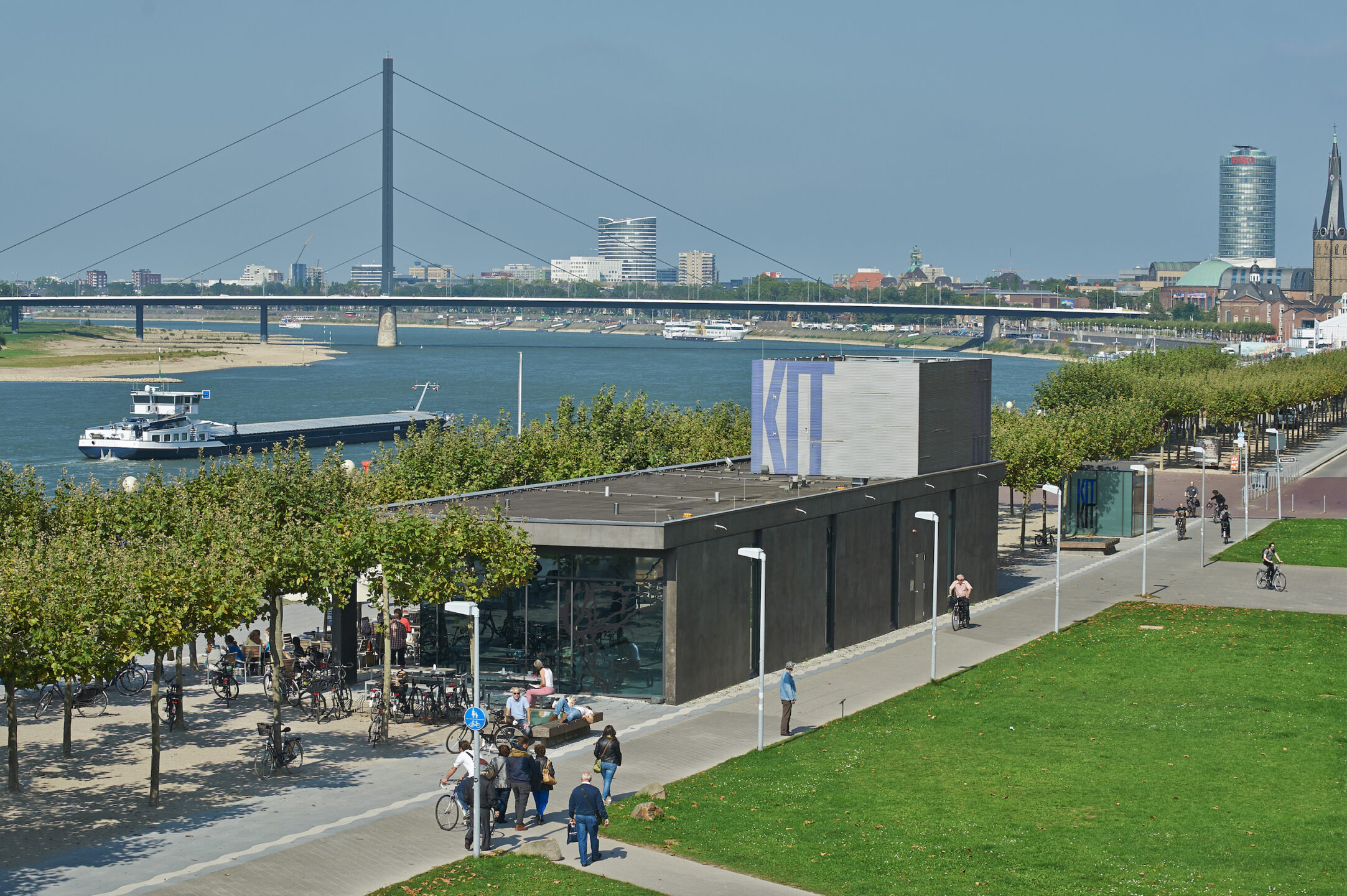
Image courtesy of KIT.
In a city filled to the brim with impressive art institutions, it can be difficult to stand out — unless, of course, you’re situated directly beneath the Rhine Promenade. Though the space has been host to events since 1995, it was only in 2007 that an exhibition space opened its doors, quickly becoming a haven for experimental art from emerging artists.
With an elliptical arc of nearly 140 metres that runs parallel to the Rhine, the unique architecture of the KIT is as unforgettable as the alternating exhibitions that span everything from video and installation to sculpture and painting. With a strong focus on young artists from both the immediate region and international talent, this institution is a vital part of the city’s contemporary art scene.
KIT is open Tuesday through Sunday from 11 AM to 6 PM and is free of charge every second Sunday of the month for Family Day. Click here for more info.
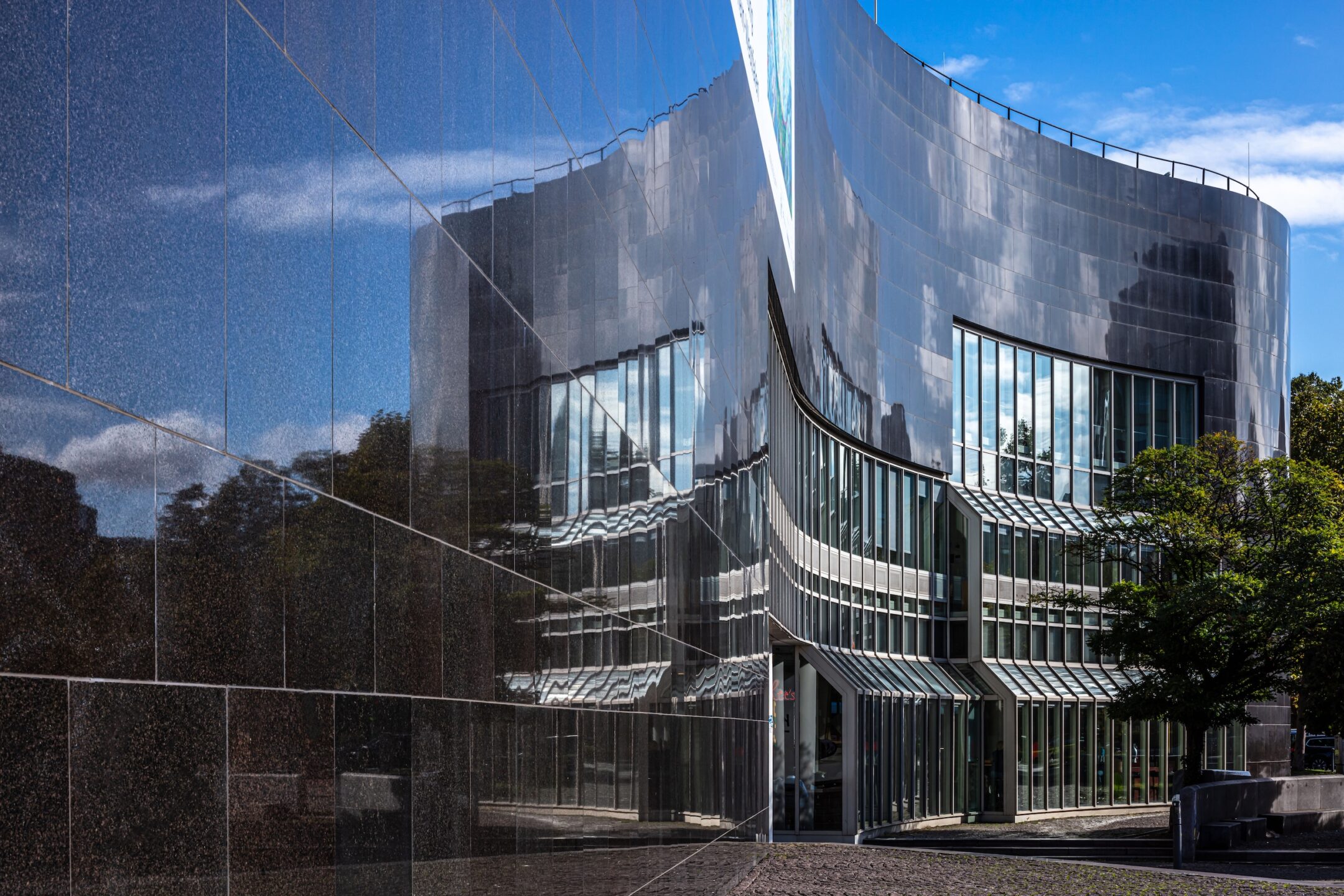
Art Collection North Rhine-Westphalia (K20). Photo: Sebastian Drüen.
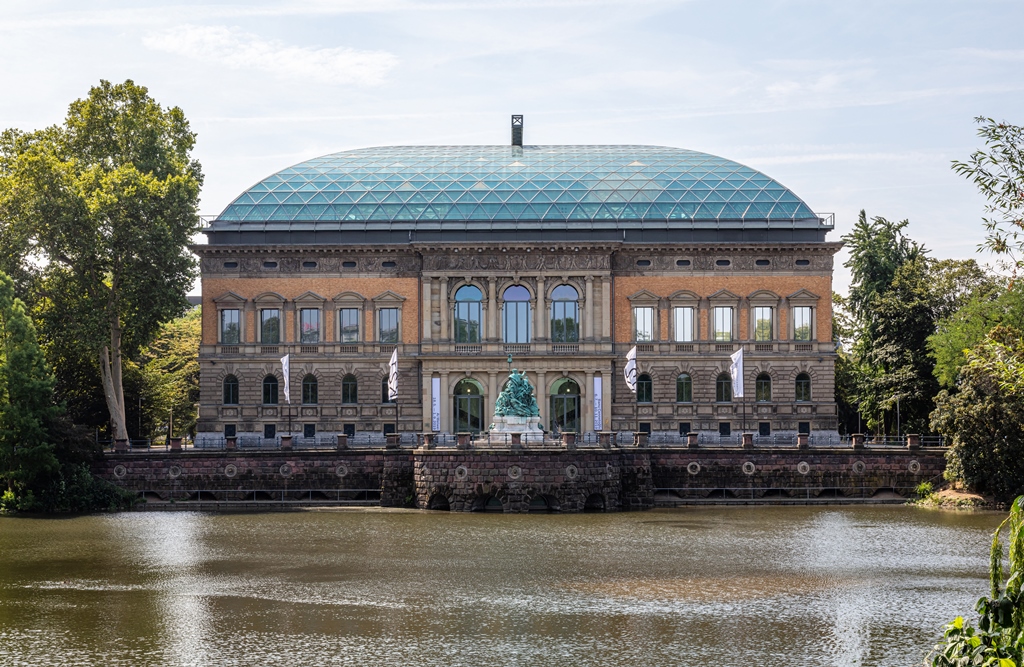
Art Collection North Rhine-Westphalia (K21). Photo: Sebastian Drüen.
Since 1961, the official art collection of the German Federal State of North Rhine-Westphalia has earned an international reputation for its commitment to contemporary art. With its sprawling selection of works, the collection occupies two distinct venues in Düsseldorf. The first is K20 at Grabbeplatz, a black granite-clad building that opened in 1986. The second is the K21 in the Ständehaus, which was inaugurated in 2002 and occupies a former parliament building overlooking the Kaiserteich.
Both spaces have been led by director Susanne Gaensheimer since 2017 and represent a comprehensive mix of established legends and new positions. At K20, a comprehensive group of works by Paul Klee and paintings from German Expressionism, Cubism, and Surrealism form the space’s core foundation. Meanwhile, at K21, a permanent collection of works starting from the late 1980s is balanced by temporary exhibitions showcasing a groundbreaking selection of contemporary artists.
K20 and K21 are open Tuesday through Friday from 10 AM to 6 PM and Saturday and Sunday from 11 AM to 6 PM. Every first Wednesday of the month, K20 and K21 are open until 10 PM as part of KPMG-Kunstabend, and admission is free of charge on that day from 6 PM. Click here for more info.
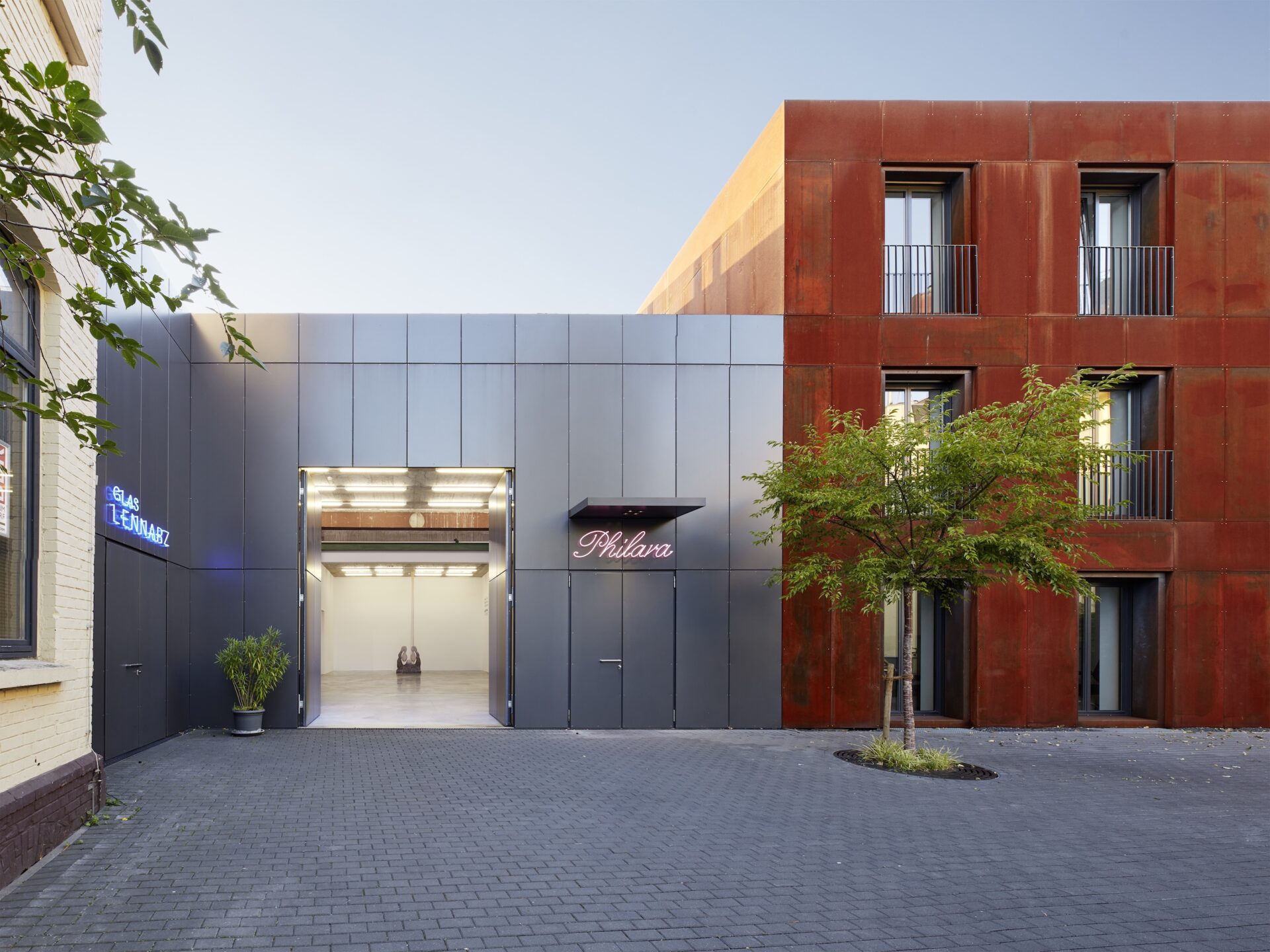
Figure 1. COLLECTION PHILARA DÜSSELDORF. Photo: Paul Schöpfer.
Since the mid-1990s, Düsseldorf native Gil Bronner has been curating a private collection of over 1,700 works that maintain strong ties to the Düsseldorf Art Academy. With a focus on the breadth of talent in the city’s contemporary art scene, the collection is both a window into the next generation of talent as well as a time capsule for major positions in the city’s artistic history.
Now housed in a former glass factory with a wealth of natural light, the museum melts away into the surrounding structures thanks to a unique design that submerges much of the 1,7000 square meters of space. With a strong permanent collection and a handful of temporary exhibitions, the space is an important part of the city’s art scene.
The Sammlung Philara is open Friday from 4 PM through 8 PM and Saturday and Sunday from 2 PM to 6 PM. Click here for more info.
Chris Erik Thomas is the Digital Editor of Art Düsseldorf. They work as a freelance writer and editor in Berlin and focus primarily on culture, art, and media. Their work can also be seen in Highsnobiety, The Face Magazine, and other publications.